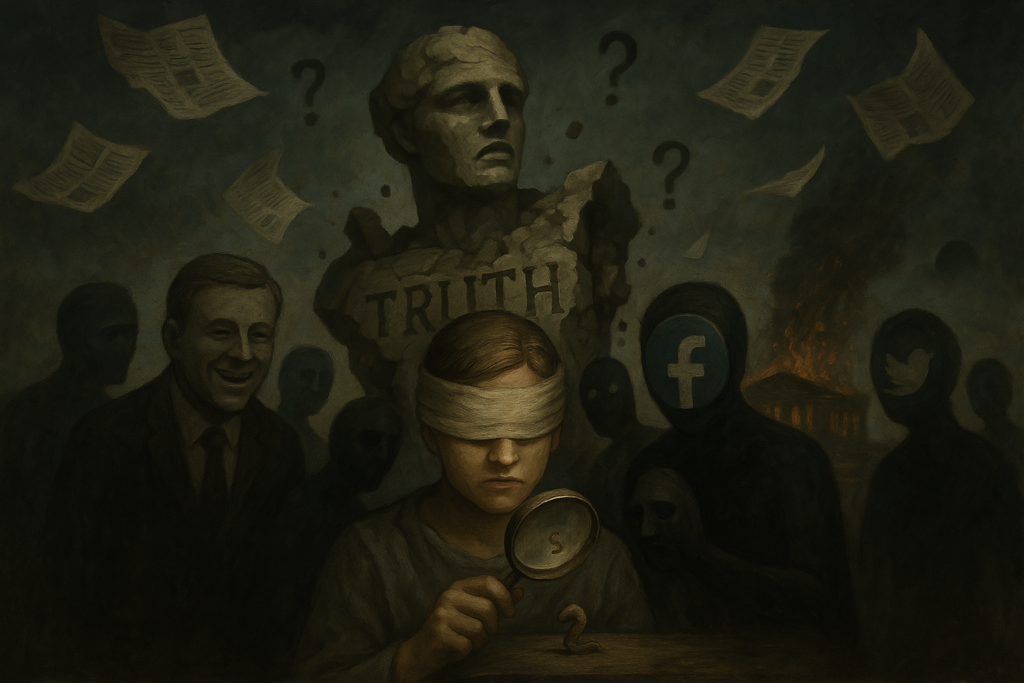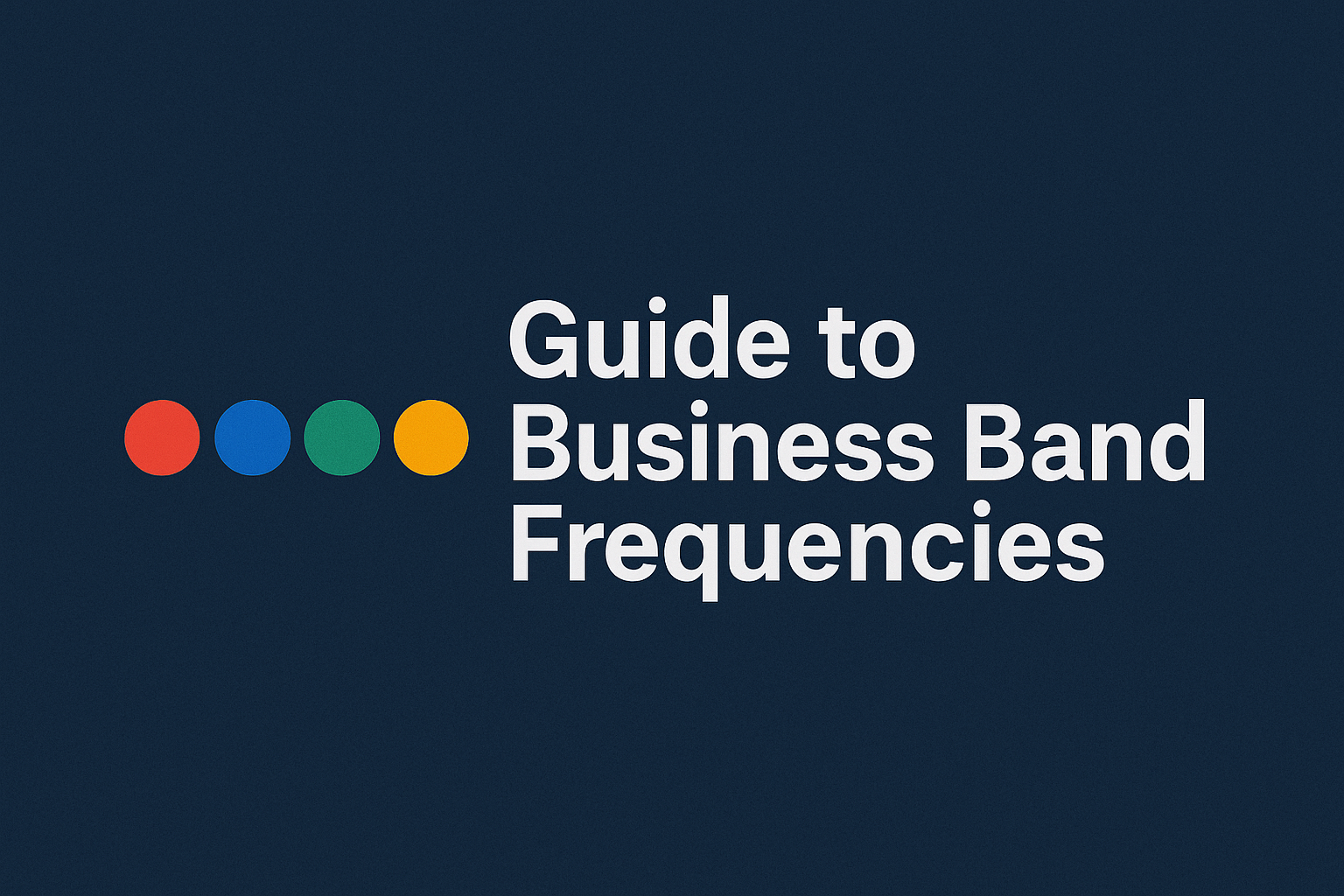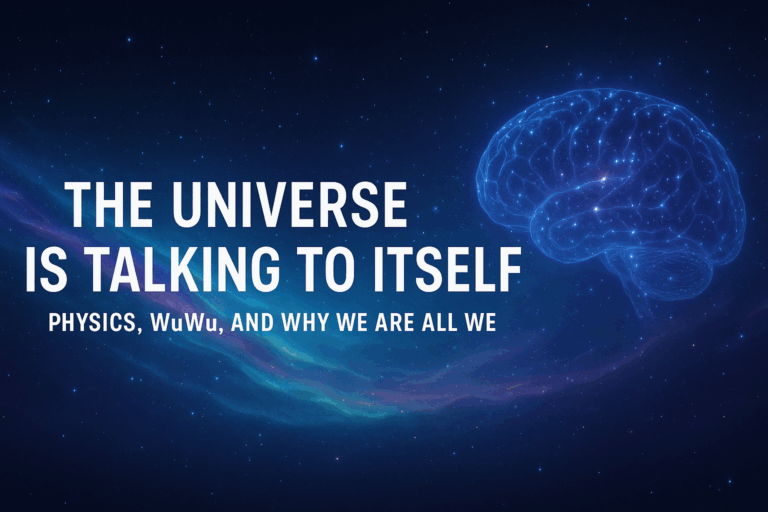
In an era where information is abundant and skepticism is warranted, we’ve reached a paradoxical juncture: the more we know, the less we believe. The proliferation of conspiracy theories has not only eroded trust in institutions but has also fostered a culture where truth is subjective, and reality is negotiable.
The Erosion of Trust
Historically, skepticism has been a tool for progress, challenging the status quo and uncovering hidden truths. However, the modern landscape has transformed skepticism into cynicism. The exposure of genuine conspiracies—such as the NSA’s mass surveillance programs or the misinformation leading up to the Iraq War—has validated public distrust. As a result, even well-substantiated facts are now met with doubt.
Recent studies highlight this shift. Research from Harvard’s Misinformation Review indicates that belief in conspiracy theories is significantly correlated with support for political violence, particularly among those who subscribe to less popular, fringe theories . Moreover, the Max Planck Society notes that distrust in institutions can lead to societal harm, as it undermines the very fabric of democratic engagement .Misinformation ReviewMax Planck Society
The Hypocrisy of Selective Skepticism
The danger lies not just in disbelief but in selective skepticism. People readily dismiss events that challenge their worldview while accepting unfounded theories that align with their biases. For instance, the Sandy Hook Elementary School shooting, a tragic event with substantial evidence, has been the subject of numerous conspiracy theories, leading to harassment of victims’ families .Wikipedia
This selective skepticism creates an environment where truth becomes malleable, and facts are only accepted if they fit preconceived narratives. It’s a perilous path that leads to the delegitimization of authentic experiences and the marginalization of truth.
The Role of Social Media
Social media platforms have exacerbated this issue by creating echo chambers that reinforce existing beliefs. A report by the Brookings Institution highlights how media consumption patterns, particularly on social media, fuel conspiratorial thinking by exposing users to information that aligns with their biases while filtering out dissenting views .Brookings
This algorithm-driven reinforcement not only deepens divisions but also makes it increasingly difficult for individuals to discern fact from fiction. The result is a populace that is both over-informed and under-educated, susceptible to manipulation and resistant to correction.
The Consequences of Disbelief
The culmination of these factors is a society where disbelief is the default, and truth is a casualty. When genuine events are dismissed as hoaxes, and fabricated stories are accepted as reality, the consequences are dire. Public health initiatives falter, democratic institutions weaken, and social cohesion deteriorates.
It’s imperative to recognize that while skepticism is healthy, it must be grounded in critical thinking and a commitment to truth. Blind disbelief is as dangerous as blind faith, and both can lead to the erosion of the very freedoms we seek to protect.


